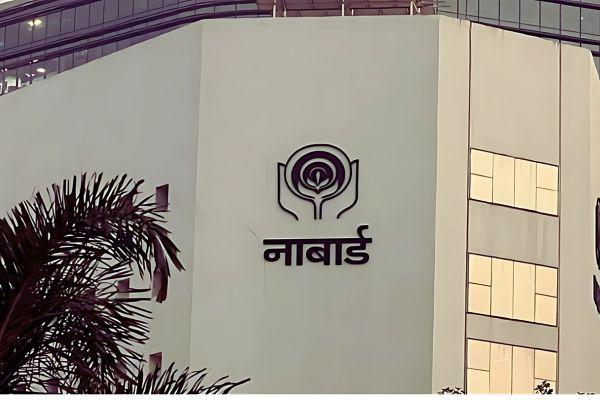NABARD Gets Government Nod to Raise Rs 19,500 Crore via Zero-Coupon Bonds

The government has approved a proposal by the National Bank for Agriculture and Rural Development (NABARD) to raise up to Rs 19,500 crore through zero-coupon bonds, according to a recent gazette notification by the Central Board of Direct Taxes (CBDT).
The bonds—also referred to as deep-discount bonds—can be issued on or before March 31, 2027. These instruments will mature after a precise term of 10 years, 11 months, and 13 days. As per the notification, the discount on the bonds will amount to Rs 10,349.6 crore, with the full maturity value set at Rs 19,500 crore.
Zero-coupon bonds are issued at a substantial discount to their face value and do not carry any periodic interest payment. Instead, investors earn a return by redeeming the bond at its full face value on maturity. The profit—calculated as the difference between the purchase price and redemption value—is taxable as capital gains, but only at the time of transfer or redemption, not on an annual basis.
Also Read:- FM to Review Public Sector Banks’ Performance on June 27
Nabard, India’s apex development finance institution for agriculture and rural development, is responsible for implementing the central government’s credit policies in the rural economy. It plays a critical role in refinancing cooperative banks and regional rural banks (RRBs), offering both short- and long-term finance to strengthen rural credit infrastructure.
The approval of this bond issue comes at a time when Nabard’s role has significantly expanded in recent years, with an increasing focus on sustainable development, institutional strengthening, and improved credit delivery mechanisms to farmers and rural enterprises.
Also Read:- UPI Transactions to Get Faster From June 16
The capital raised through these bonds will likely support long-term rural development initiatives, infrastructure projects, and credit flows to sectors aligned with government priorities.
Stay connected with FinanceNeoteric on WhatsApp Channel for expert coverage and in-depth financial stories.
Disclaimer: This post is for general informational purposes only. It does not constitute financial advice. Please consult a qualified professional before making financial decisions.















